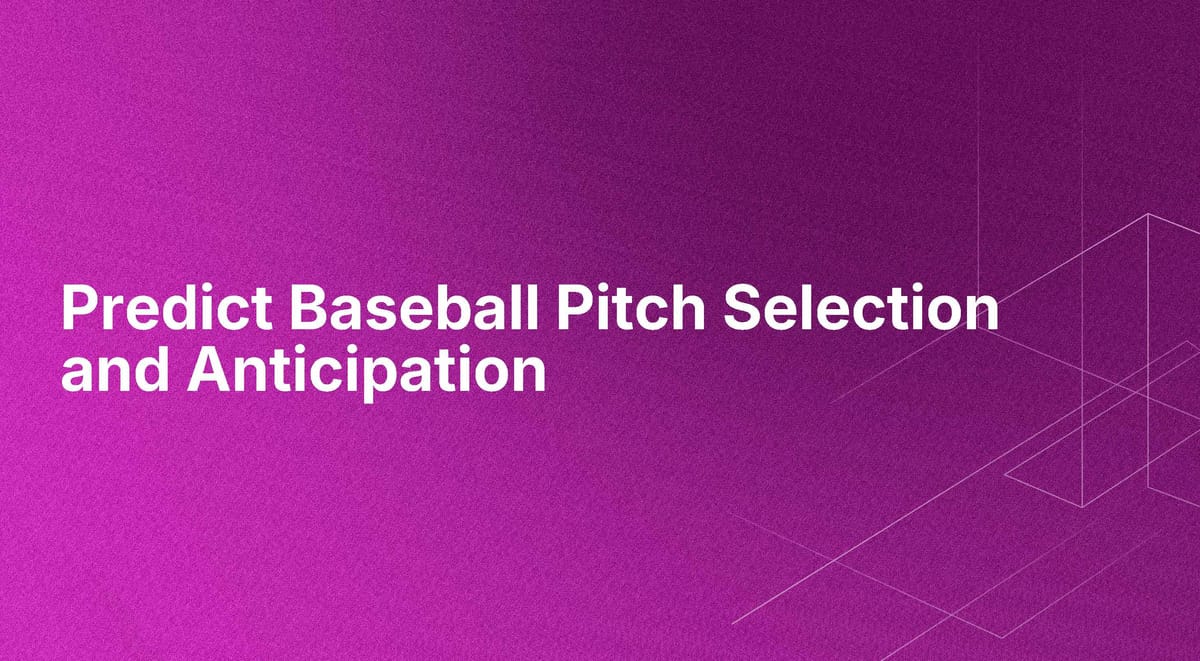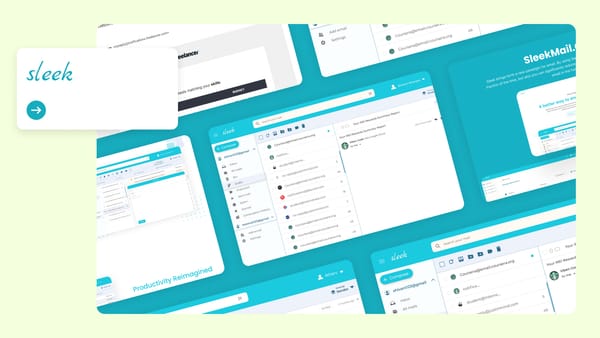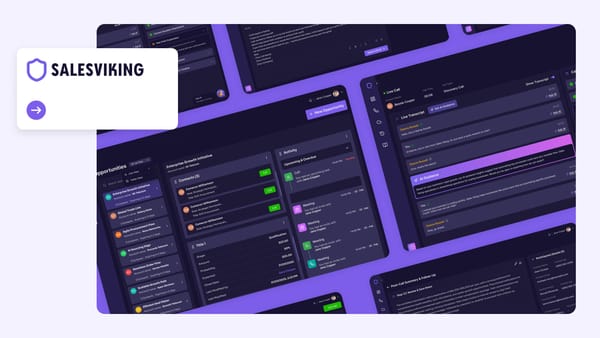Predict Baseball Pitch Selection and Anticipation

Leverage AI to Optimize Pitching Strategies and Batter Reactions
Overview
Baseball, a game revered for its intricate interactions and rich strategies, places pitcher versus hitter at its heart. The act of pitching and responding is paramount, encompassing thousands of in-game decisions that can dictate the outcome of an entire match. As teams look to gain an upper hand, extracting insights from historical data through AI is becoming pivotal in refining gameplay and ensuring competitive advantage.
Problem Statement
The constant duel between pitcher and batter is fraught with split-second decisions that can significantly alter game outcomes. Pitchers must select the optimal pitch type and location, balancing numerous variables like their own strengths, the batter’s tendencies, and previous interactions. Conversely, batters need to anticipate these pitches effectively to react optimally. Traditionally, these decisions heavily rely on the catcher's intuition and experience, potentially leaving room for human error and missed opportunities.
Solution Overview
Introducing machine learning-driven strategies can revolutionize pitch selection and anticipation processes. Leveraging years of historical pitch data and outcomes, AI models can identify and recommend optimal pitch types and locations tailored to each unique pitcher-batter matchup. By analyzing hundreds of variables and thousands of at-bats, these models can create complex strategies that human intuition might miss, thus providing deeper insights and actionable recommendations in real-time interfaces or pre-game preparations. This ensures that pitchers can play to their strengths while exploiting the weaknesses of opposing batters effectively. Implementation of this AI-driven approach can be achieved through practical strategies such as pre-game analytical sessions where the optimal 1-2 pitch combinations against each batter are identified. Catchers, wearing wristbands, can be provided with simplified pitch sequences for real-time decision-making. This method not only aids in reducing cognitive load during high-stress games but also ensures that strategic decisions are data-backed and less prone to errors. Additionally, ongoing training sessions can help pitchers and catchers understand sequence patterns, further ingraining these strategic insights into their natural gameplay. Embracing AI in this context provides a strategic edge, minimizing uncertainty and maximizing competitive performance.





